Ghee: Important Facts, Health Benefits, and Recipes
Explore the history, health benefits, and culinary uses of ghee, an ancient superfood, and learn storage tips and substitution options in this comprehensive guide.
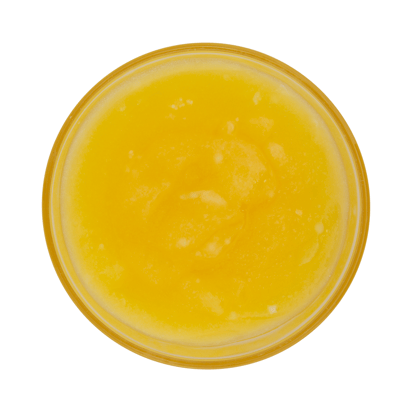
Nutritional Facts
1 tbsp
Amount per serving
Calories
135
Carbohydrates
0 g
Fat
15 g
Protein
0 g
Saturated Fat
9 g
Sodium
0 mg
Fiber
0 g
Sugar
0 g
Best Ghee Recipes
-
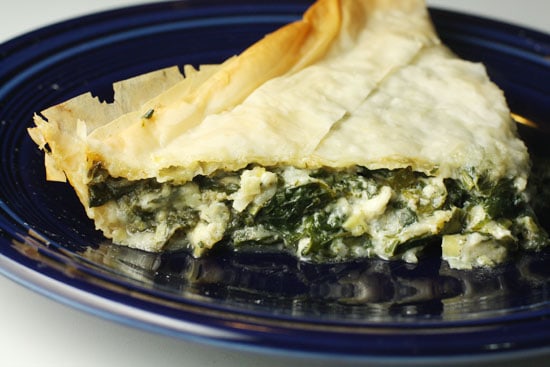
-

-
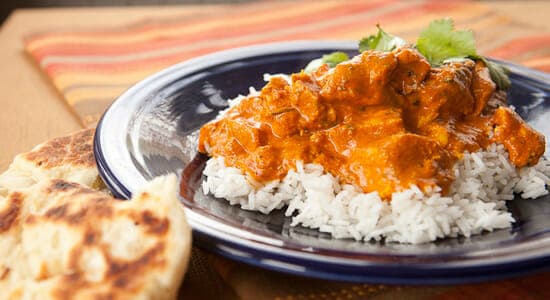
-

-
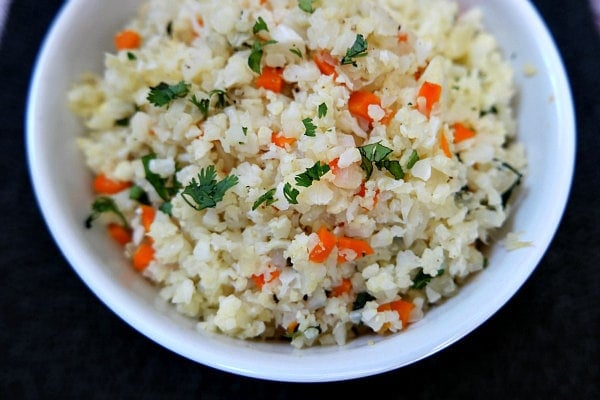
-
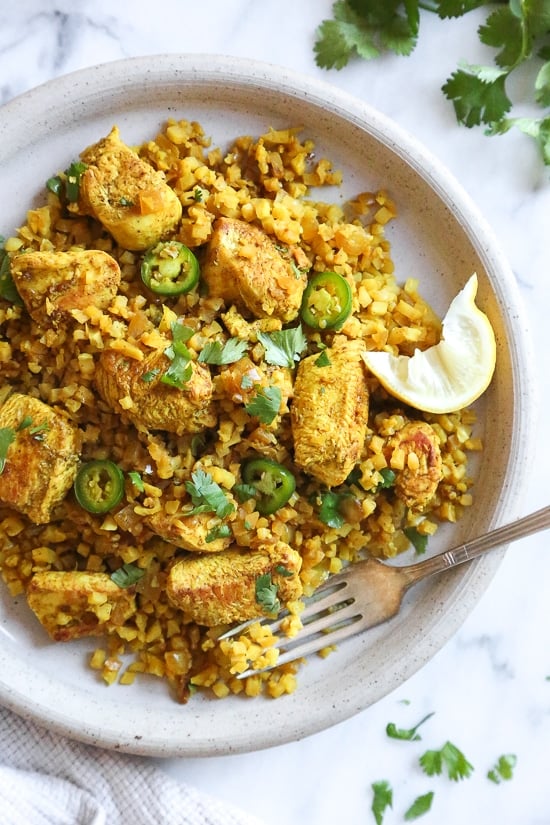
-
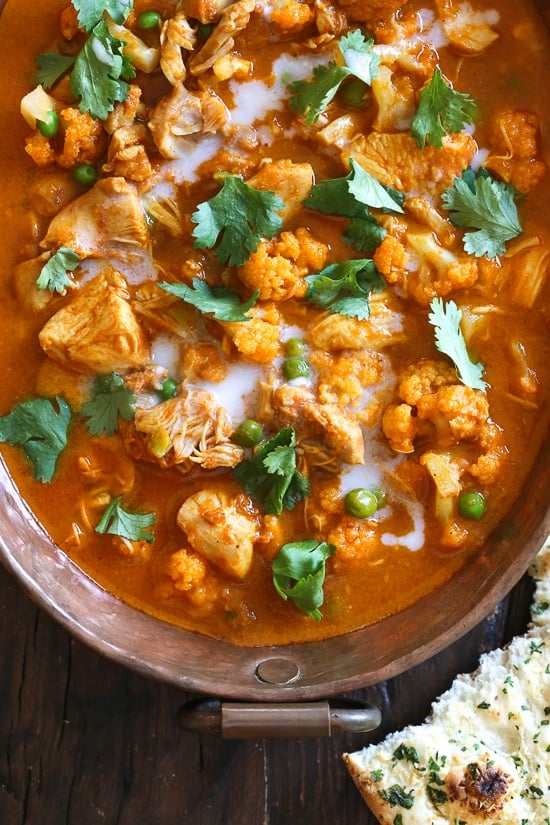
-
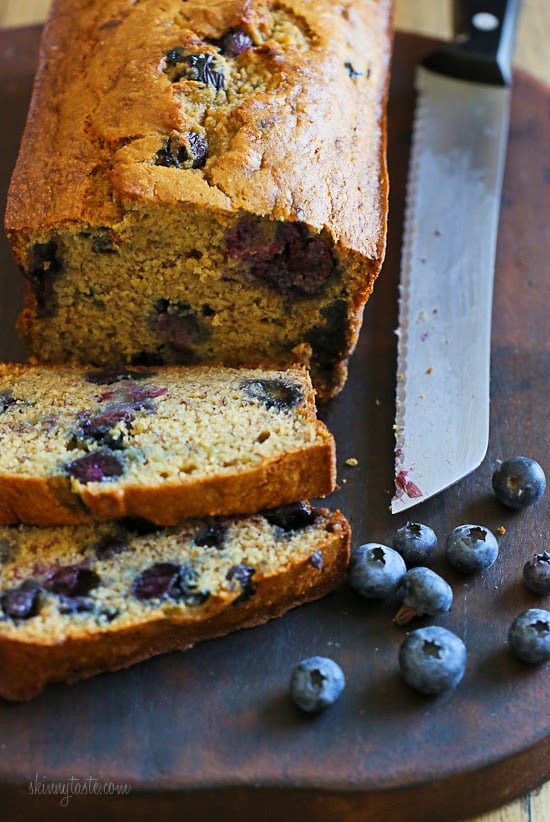
-
![Pork Chops with Mushrooms and Shallots Image]()
-
![Lamb Keema with Peas Image]()
-
![Easy Chickpea Masala Image]()
-
![Lamb Tagine with Dates and Apricots Image]()
-
![No Bake Chai Berry Bars Image]()
-
![Dal Makhani - Creamy Restaurant Style Image]()
-
![Thai Yellow Curry Shrimp with Pineapple Image]()
-
![Buttermilk Pancakes Image]()
-
![Healthy Twice Baked Potatoes with Broccoli Image]()
-
![Instant Pot Indian Chicken and Rice Pulao Image]()
-
![Crock Pot Chicken Tikka Masala Image]()
-
![Toasted Hazelnut and Carrot Stir-fry Image]()
-
![One Pot Coconut Chickpea Curry Image]()
-
![Baked Curry Sweet Potato Fries Image]()
-
![Whole30 Chili Image]()
-
![Instant Pot Chicken Tikka Masala Image]()
-
![Almond Flour Bread Image]()
-
![Lemon Butter Chicken Image]()
-
![Mexican Street Corn Salad with Quinoa Image]()
-
![Instant Pot Turkey Breast Recipe Image]()
-
![Indian Papdi Chaat Recipe Image]()
-
![Indian Semolina (Sooji Ka Halwa) Dessert Recipe Image]()
-
![Shrimp Scampi With Garlic Recipe Image]()
-
![Chettinad Chicken Curry Recipe Image]()
-
![Homemade Hollandaise Sauce Recipe With Clarified Butter Image]()
-
![A Recipe for Perfectly Fluffy Scrambled Eggs Image]()
-
![Chicken Curry Recipe From Durban Image]()
-
![Spicy Rotisserie Chicken Stuffed Peppers Image]()
-
![Moroccan-Spiced Wild Alaska Salmon Recipe Image]()
-
![Breakfast Tacos with Salmon, Eggs, and Avocado Recipe Image]()
-
![Parsi Pulao Recipe (Saffron Rice Pilaf) Image]()
-
![Michelle Tam's Pot Sticker Stir-Fry Recipe Image]()
-
![Sweet Potato & Pork Thanksgiving Stuffing Recipe Image]()
-
![Chicken Drumsticks, Ethiopian-Style Recipe Image]()
-
![Gluten-Free Apple Tart Recipe Image]()
-
![Curried Ground Turkey with Potatoes Recipe Image]()
-
![Basil Chicken Coconut Curry Recipe Image]()
-
![Savory Coconut Rice Recipe Image]()
-
![Palak Paratha (Spinach Paratha) Bread Recipe Image]()
-
![Indian Style Rice Recipe Image]()



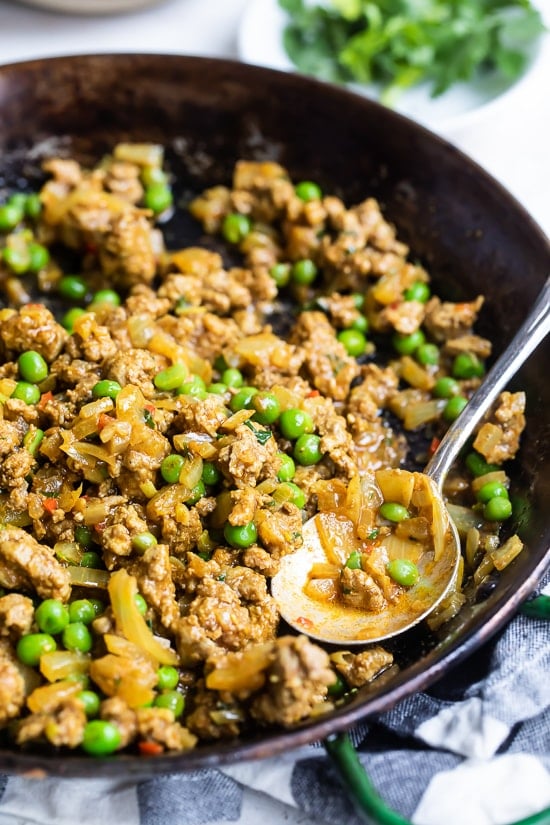



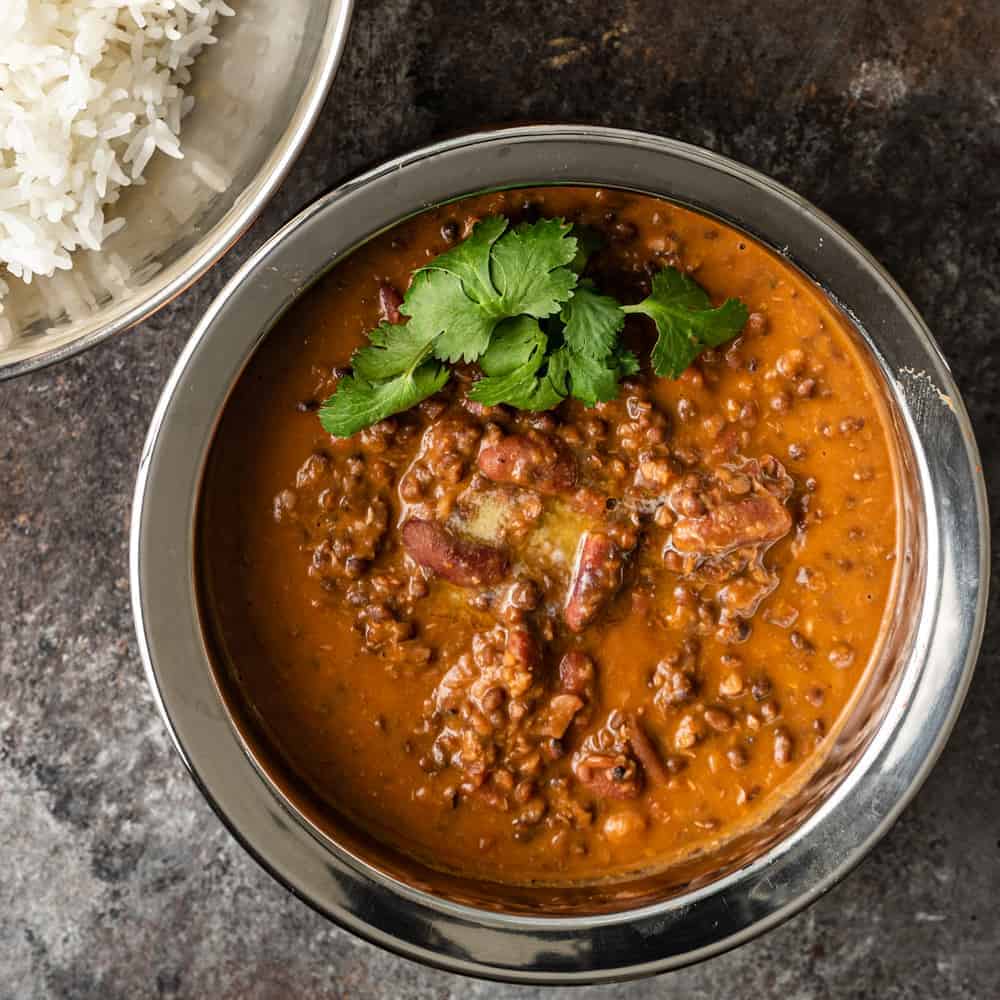
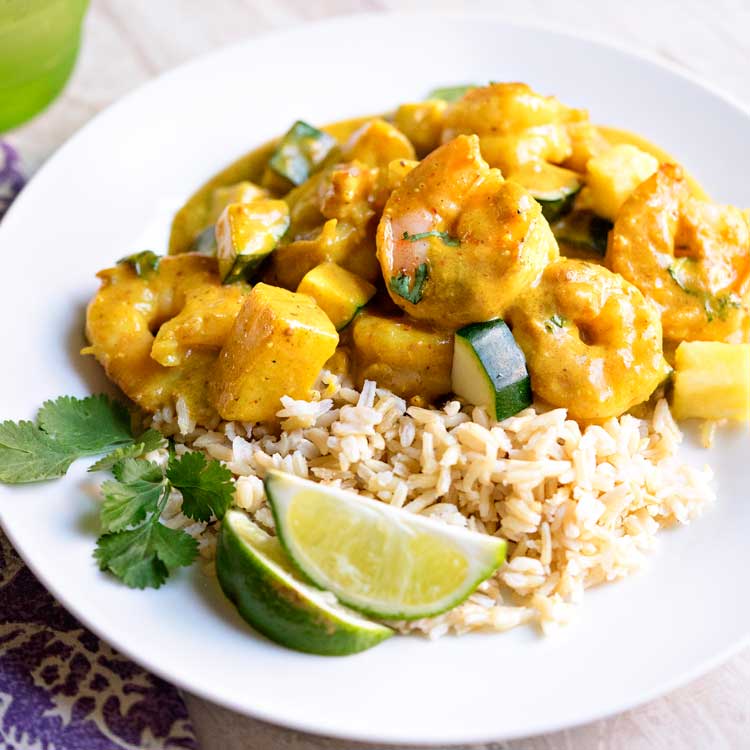
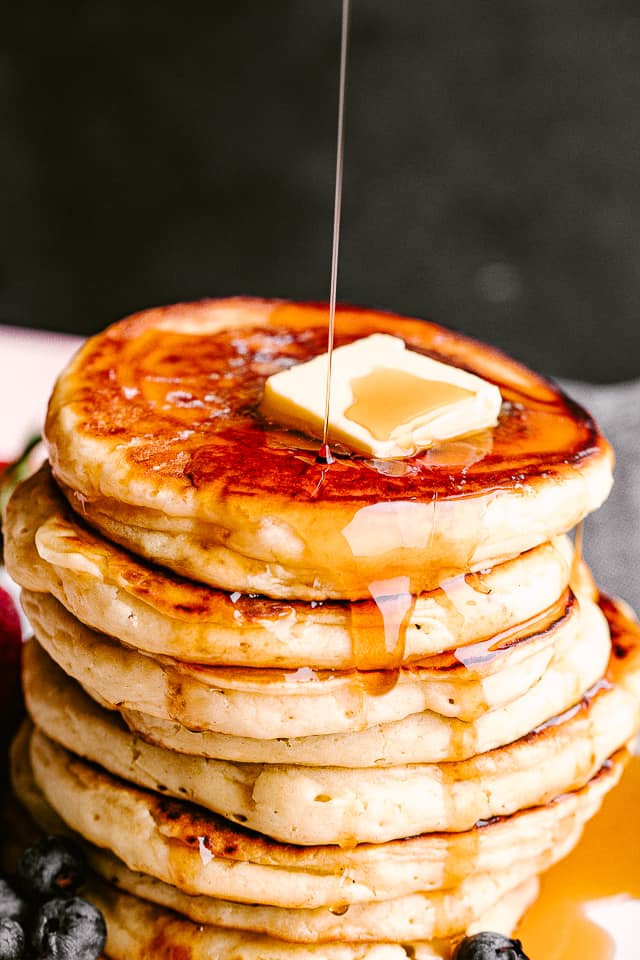

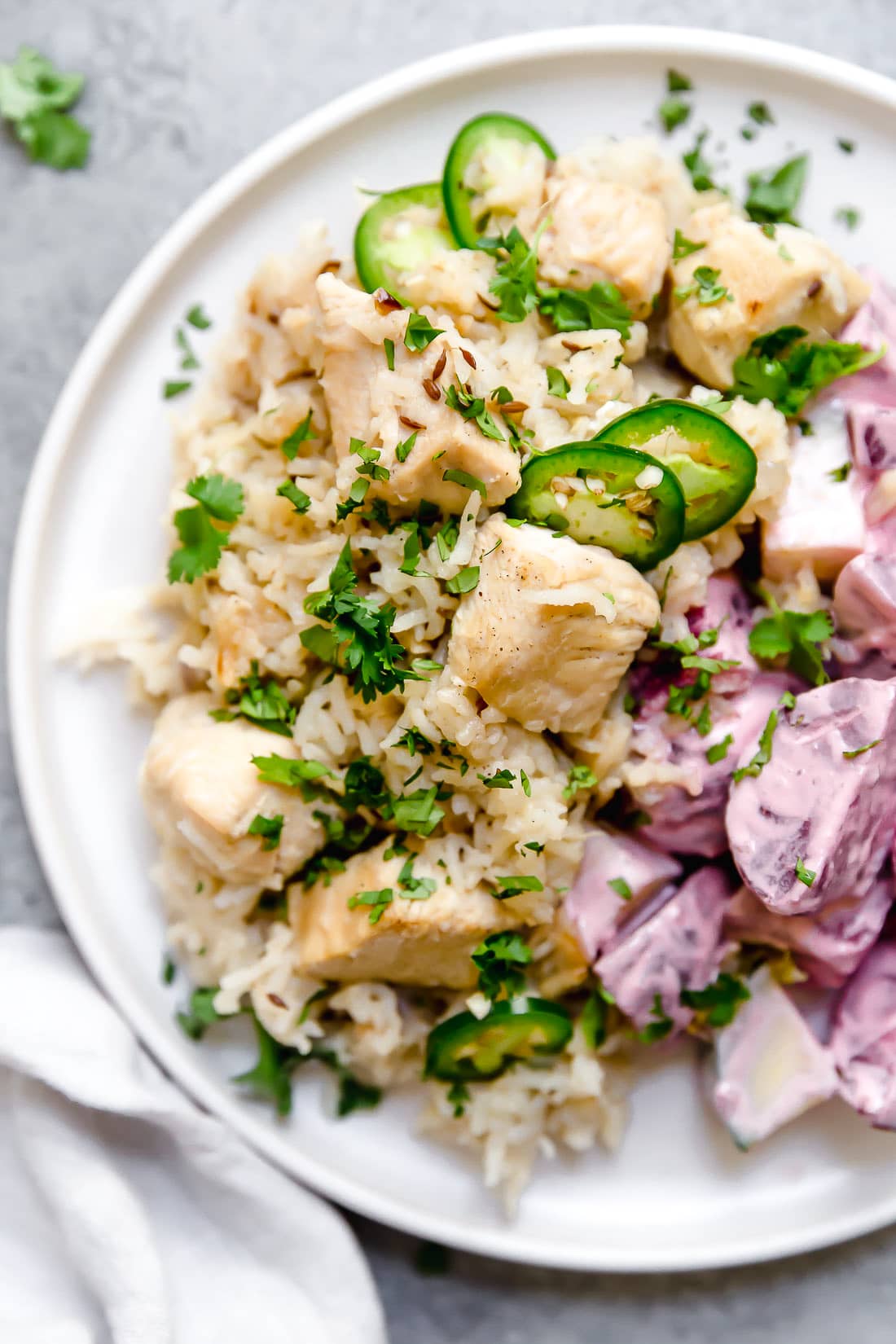

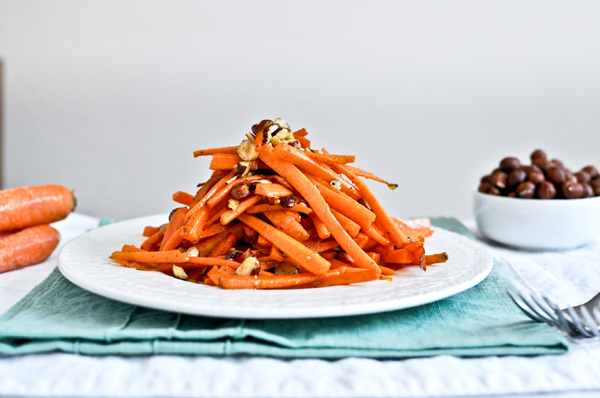
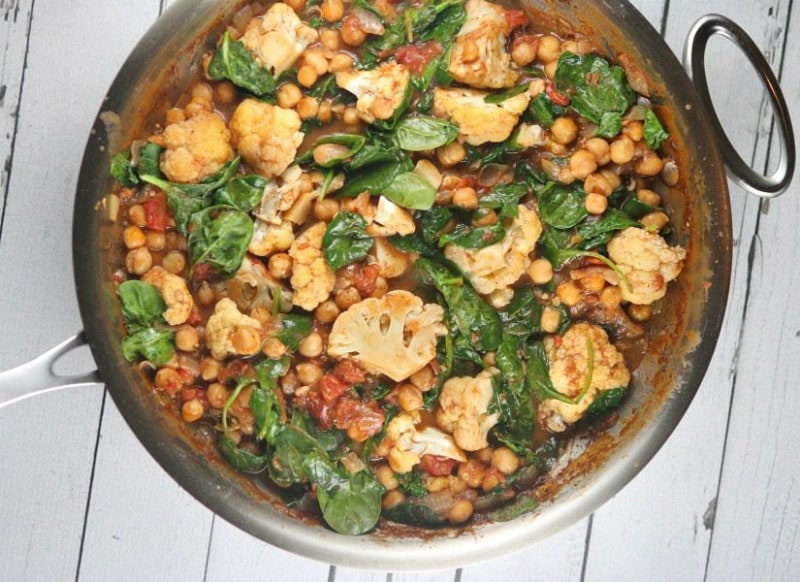



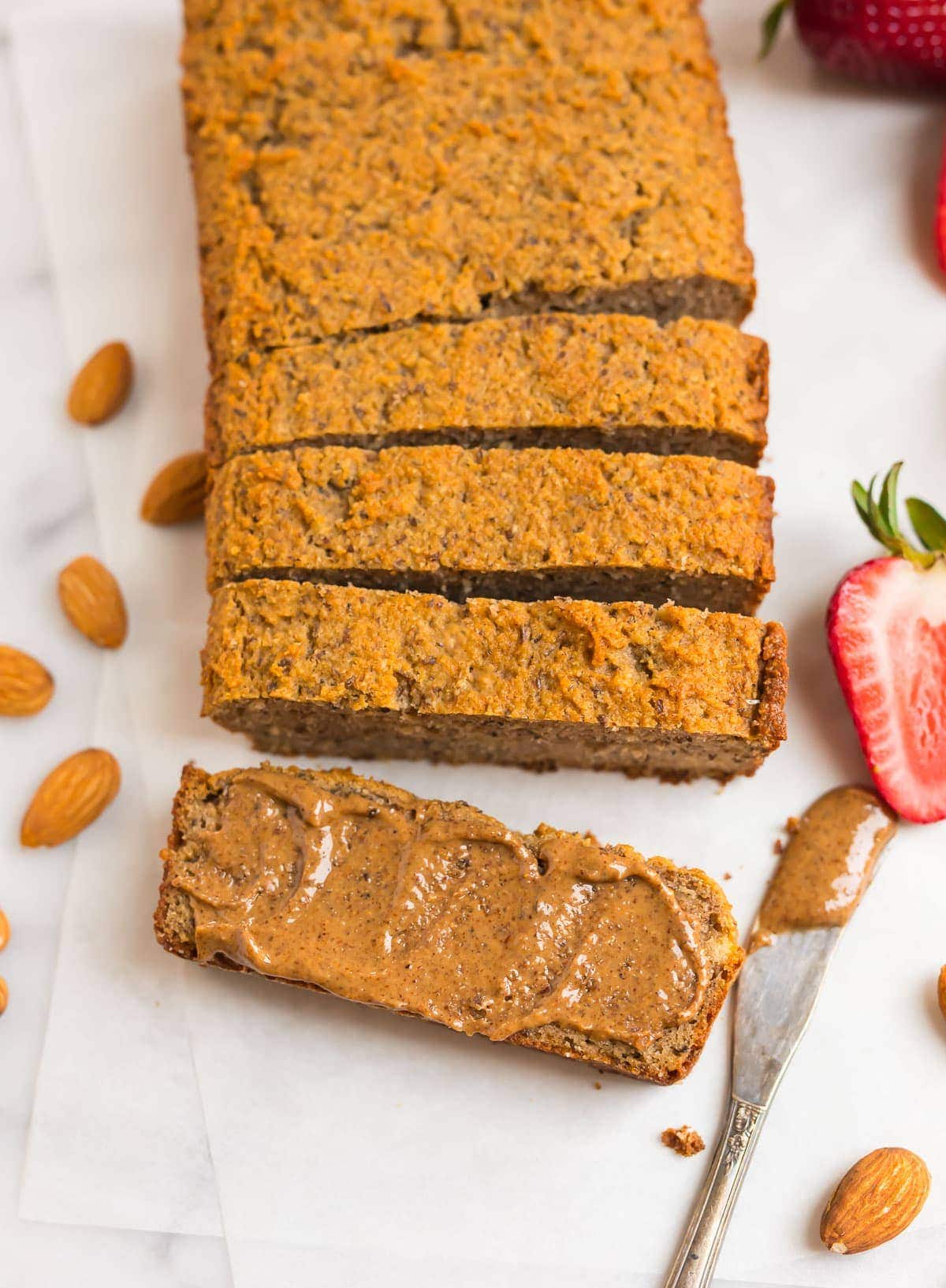


:max_bytes(150000):strip_icc()/instant-pot-turkey-breast-recipe-4175210-hero-01-f8934a77202f41d28ec45d7e8ec8a2c6.jpg)
:max_bytes(150000):strip_icc()/papdi-chaat-recipe-1958046-hero-01-100f6f30f05a4395a5c6bfa515fc087c.jpg)
:max_bytes(150000):strip_icc()/semolina-halwa-dessert-1957814_15_preview-5b05f2ac119fa8003a98e0a9.jpeg)
:max_bytes(150000):strip_icc()/shrimp-scampi-with-garlic-3060877-hero-01-03f3e71db28a4efb930264fce4d9a6f6.jpg)
:max_bytes(150000):strip_icc()/chettinad-chicken-curry-1957790-hero-01-24d7a00c43054b5abd5c0dcc1c60a31a.jpg)
:max_bytes(150000):strip_icc()/homemade-hollandaise-sauce-recipe-995332-9-5b4cf14046e0fb003731a1cf.jpg)
:max_bytes(150000):strip_icc()/perfect-scrambled-eggs-995518-hero-01-6931b35c5087440a94dbdf751b1e16f4.jpg)
:max_bytes(150000):strip_icc()/durban-chicken-curry-recipe-39451-hero-01-1924bfb1eeaa403c8d26a3bca9f68884.jpg)


/__opt__aboutcom__coeus__resources__content_migration__simply_recipes__uploads__2018__04__ASMI-Breakfast-Tacos-with-Salmon-2-db64aef621c3438b872f4af1f7831cfe.jpg)
:max_bytes(150000):strip_icc()/__opt__aboutcom__coeus__resources__content_migration__simply_recipes__uploads__2012__04__saffron-rice-pilaf-horiz-b-1800-1f54c9db8d634ecfb2431532543dc76d.jpg)
/__opt__aboutcom__coeus__resources__content_migration__simply_recipes__uploads__2017__10__2017-10-11-PotStickerStirFry-14-f6abbf461ee4483c9fe400b06f4a115b.jpg)
:max_bytes(150000):strip_icc()/__opt__aboutcom__coeus__resources__content_migration__simply_recipes__uploads__2016__10__2016-11-12-PaleoStuffing-15-0e76556edfa546dab5e6baebf6fc2e9c.jpg)
:max_bytes(150000):strip_icc()/__opt__aboutcom__coeus__resources__content_migration__simply_recipes__uploads__2012__07__ethiopian-chicken-drumsticks-horiz-b-1800-e1a4d7e277ab4a4b8352ad07f4838c97.jpg)
:max_bytes(150000):strip_icc()/__opt__aboutcom__coeus__resources__content_migration__simply_recipes__uploads__2016__11__2016-11-11-Apple-Tart-16-c035a517b6c145d8b41f3a3a812cc8b1.jpg)
:max_bytes(150000):strip_icc()/__opt__aboutcom__coeus__resources__content_migration__simply_recipes__uploads__2010__08__curried-ground-turkey-potatoes-horiz-a-2000-8a93a0c9590c442db27fd7ec1845f19c.jpg)
:max_bytes(150000):strip_icc()/__opt__aboutcom__coeus__resources__content_migration__simply_recipes__uploads__2013__09__basil-chicken-coconut-curry-horiz-a-1200-d0332ca543cd415d8869305b75c6d29a.jpg)
:max_bytes(150000):strip_icc()/__opt__aboutcom__coeus__resources__content_migration__simply_recipes__uploads__2014__02__Coconut-Rice-LEAD-3-82ba2dfb3a4148ca897a558acc5d3ebe.jpg)
/Palak_Parantha-58443b1b3df78c0230c262e5.jpg)
:max_bytes(150000):strip_icc()/__opt__aboutcom__coeus__resources__content_migration__simply_recipes__uploads__2010__06__indian-rice-horiz-a-1600-817049c9784e4943957947e1022b7564.jpg)